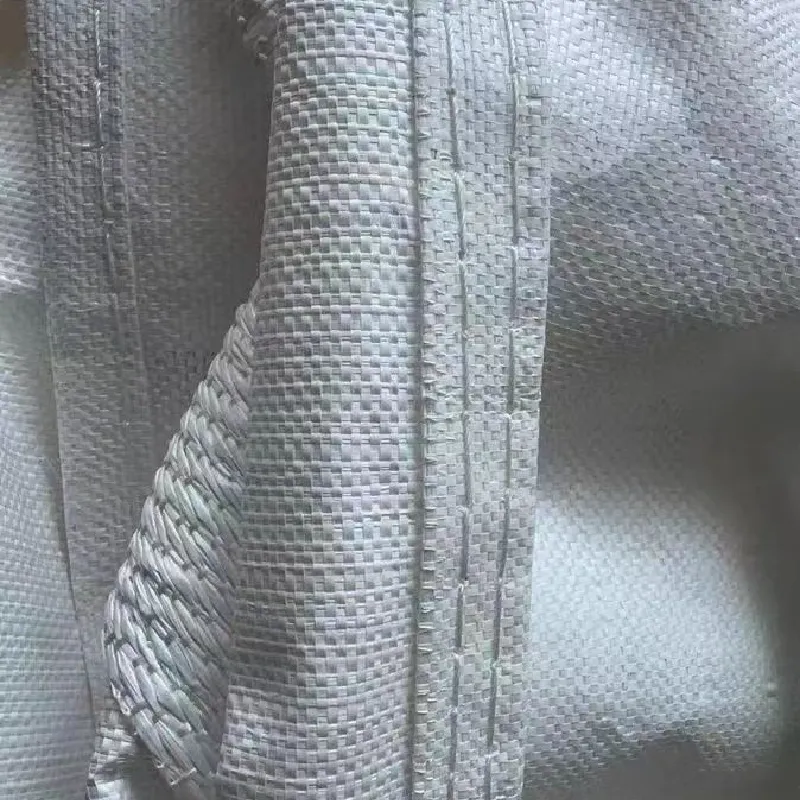-
 Afrikaans
Afrikaans -
 Albanian
Albanian -
 Amharic
Amharic -
 Arabic
Arabic -
 Armenian
Armenian -
 Azerbaijani
Azerbaijani -
 Basque
Basque -
 Belarusian
Belarusian -
 Bengali
Bengali -
 Bosnian
Bosnian -
 Bulgarian
Bulgarian -
 Catalan
Catalan -
 Cebuano
Cebuano -
 China
China -
 Corsican
Corsican -
 Croatian
Croatian -
 Czech
Czech -
 Danish
Danish -
 Dutch
Dutch -
 English
English -
 Esperanto
Esperanto -
 Estonian
Estonian -
 Finnish
Finnish -
 French
French -
 Frisian
Frisian -
 Galician
Galician -
 Georgian
Georgian -
 German
German -
 Greek
Greek -
 Gujarati
Gujarati -
 Haitian Creole
Haitian Creole -
 hausa
hausa -
 hawaiian
hawaiian -
 Hebrew
Hebrew -
 Hindi
Hindi -
 Miao
Miao -
 Hungarian
Hungarian -
 Icelandic
Icelandic -
 igbo
igbo -
 Indonesian
Indonesian -
 irish
irish -
 Italian
Italian -
 Japanese
Japanese -
 Javanese
Javanese -
 Kannada
Kannada -
 kazakh
kazakh -
 Khmer
Khmer -
 Rwandese
Rwandese -
 Korean
Korean -
 Kurdish
Kurdish -
 Kyrgyz
Kyrgyz -
 Lao
Lao -
 Latin
Latin -
 Latvian
Latvian -
 Lithuanian
Lithuanian -
 Luxembourgish
Luxembourgish -
 Macedonian
Macedonian -
 Malgashi
Malgashi -
 Malay
Malay -
 Malayalam
Malayalam -
 Maltese
Maltese -
 Maori
Maori -
 Marathi
Marathi -
 Mongolian
Mongolian -
 Myanmar
Myanmar -
 Nepali
Nepali -
 Norwegian
Norwegian -
 Norwegian
Norwegian -
 Occitan
Occitan -
 Pashto
Pashto -
 Persian
Persian -
 Polish
Polish -
 Portuguese
Portuguese -
 Punjabi
Punjabi -
 Romanian
Romanian -
 Russian
Russian -
 Samoan
Samoan -
 Scottish Gaelic
Scottish Gaelic -
 Serbian
Serbian -
 Sesotho
Sesotho -
 Shona
Shona -
 Sindhi
Sindhi -
 Sinhala
Sinhala -
 Slovak
Slovak -
 Slovenian
Slovenian -
 Somali
Somali -
 Spanish
Spanish -
 Sundanese
Sundanese -
 Swahili
Swahili -
 Swedish
Swedish -
 Tagalog
Tagalog -
 Tajik
Tajik -
 Tamil
Tamil -
 Tatar
Tatar -
 Telugu
Telugu -
 Thai
Thai -
 Turkish
Turkish -
 Turkmen
Turkmen -
 Ukrainian
Ukrainian -
 Urdu
Urdu -
 Uighur
Uighur -
 Uzbek
Uzbek -
 Vietnamese
Vietnamese -
 Welsh
Welsh -
 Bantu
Bantu -
 Yiddish
Yiddish -
 Yoruba
Yoruba -
 Zulu
Zulu
Durable Plastic Chicken Wire Mesh for Enhanced Farm Fencing and Secure Poultry Housing Solutions
The Versatility of Plastic Chicken Wire Mesh
In recent years, the agricultural and gardening industries have evolved, introducing a plethora of products aimed at enhancing efficiency, sustainability, and user experience. One such product that has gained traction is plastic chicken wire mesh. This innovative material offers several advantages over traditional metal wire mesh, making it an increasingly popular choice among poultry farmers and garden enthusiasts alike.
Plastic chicken wire mesh is primarily made from high-density polyethylene (HDPE), which provides a robust yet lightweight structure. Unlike its metal counterparts, plastic mesh does not rust or corrode, ensuring that it remains durable and efficient for years to come. This inherent resistance to environmental wear and tear is especially beneficial for outdoor applications, where exposure to moisture, extreme temperatures, and sunlight can take a toll on traditional wire products.
One of the most significant advantages of using plastic chicken wire mesh in poultry farming is its safety. Sharp edges found in metal wire can pose a risk to both birds and handlers. Plastic mesh, on the other hand, is generally safer to handle and does not present the same risk of cuts or injuries. This is particularly important in settings where children are involved, as many young farmers learn essential skills while caring for livestock.
In addition to safety, the flexibility of plastic chicken wire mesh makes it an excellent choice for various applications. It can be easily cut and shaped to fit the specific needs of a farm or garden. Whether protecting young plants from pests, creating enclosures for small animals, or building barriers around garden beds, plastic mesh can adapt to different environments and requirements. Its lightweight nature also allows for easy installation, which can save time and labor costs.
plastic chicken wire mesh

From a sustainability standpoint, plastic chicken wire mesh can be an eco-friendly option. Many manufacturers produce this material from recycled plastics, contributing to waste reduction efforts. Furthermore, the longevity of plastic mesh means that fewer replacements are needed over time, reducing the overall environmental impact of farming and gardening activities.
In gardening, plastic chicken wire mesh serves multiple purposes. It can be used to create trellises for climbing plants, support young seedlings, or even as a decorative element in landscaped areas. Gardeners often utilize this mesh to keep unwanted pests at bay while allowing sunlight and moisture to penetrate, fostering healthy plant growth. Additionally, the plastic's UV resistance ensures that it maintains its integrity under sunlight exposure, reducing the risk of damage.
Despite its many advantages, some may wonder about the limitations of plastic chicken wire mesh. It is generally less robust than metal options, and in some cases, it may not be suitable for larger or more aggressive animals. However, for many small-scale farmers and gardeners, the benefits far outweigh these limitations. Additionally, advancements in plastic technology continue to improve the strength and durability of these products, further expanding their potential applications.
Ultimately, the rise of plastic chicken wire mesh marks a shift towards more innovative, versatile, and user-friendly solutions in farming and gardening practices. Its mix of safety, durability, and adaptability makes it a superior choice for many applications, particularly in environments where traditional metal mesh may fall short. As the agricultural landscape continues to evolve, products like plastic chicken wire mesh will likely become staples, enabling growers and farmers to cultivate their land more effectively and sustainably.
-
Shipping Plastic Bags for Every NeedNewsJul.24,2025
-
Safety Netting: Your Shield in ConstructionNewsJul.24,2025
-
Plastic Mesh Netting for Everyday UseNewsJul.24,2025
-
Nylon Netting for Every UseNewsJul.24,2025
-
Mesh Breeder Box for Fish TanksNewsJul.24,2025
-
Expanded Steel Mesh Offers Durable VersatilityNewsJul.24,2025











